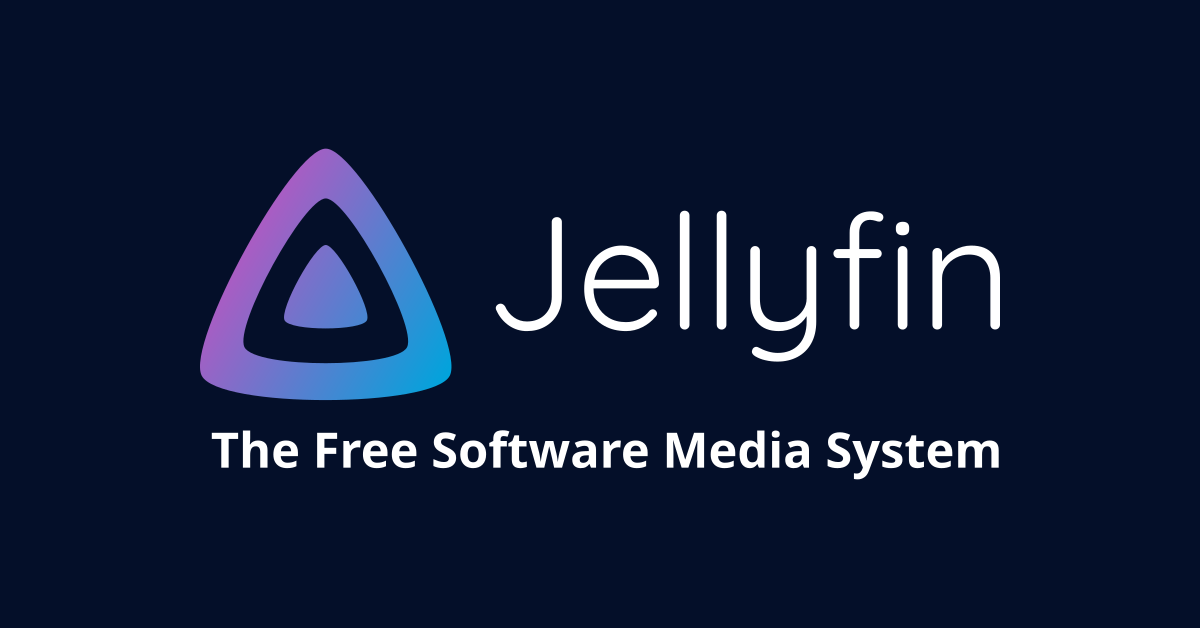Take a skim through the link for full details (especially the breaking changes), but I have included some parts that I thought were important:
This release has been over two years in the making, so we’re really glad to finally get it out to you. The long cycle does mean quite an extensive changelog however, with well over 1100 pull requests merged into our master branch since 10.8.0 first dropped back in 2022.
General
We now support “trickplay” a.k.a. live video scrubbing. When scrubbing through a video with this enabled, you will be able to see a live preview of the video at that timestamp. Note that this requires explicit client support, which may require some time to become available depending on your client.
[…]
We now support AVIF and WEBP images for Pictures libraries.
Tags are now accounted for during searches, allowing one to search by tag.
We now support multiple simultaneous subtitle tracks (maximum of two, a primary and secondary) in the web player.
We’ve revamped the administrative dashboard UI to help improve usability and ease of finding options.
API & Security
All API endpoints now return proper return codes, ensuring that API endpoint results can be reliably interpreted without additional parsing.
Parental ratings are significantly improved, with better enforcement, inheritable ratings, and more.
LiveTV and Collection permissions are now discrete and configurable per-user.
The EasyPassword (PIN) feature has been removed as this was a big security risk especially for administrator accounts; QuickConnect login is still supported however.
User permission handling has been unified and numerous bugs fixed, ensuring a more secure server from untrusted users.
Core Server & Networking
- […]
- The server now supports in-process restarting, and removes the old hacky restart.sh method. This should make things like installing plugins much more robust and ensure a consistent restart experience regardless of platform or install method.
- […]
- The backend SQLite database now supports connection pooling, which should improve performance for database operations.
- […]
Also sections on Packaging, Transcoding & FFmpeg improvements/support, Scanning, Library & Playlist Management, and Casting
The Next Version
With our continuous integrations improvements outlined previously, we’re quite confident that this will be our last “very long” release cycle. Our plan is for the next major version (10.10.0) to be released at most 6 months from now, some time in October. We hope this increased cadence will help alleviate the problems with large releases such as a very long time-to-stable for new features, translations, etc. and help lower the number of major bugs at each major release, streamlining the upgrade process. But this needs everyone’s help. Back in October 2023, we made a call for developers, and we’ve gotten a lot of interest, but this is not a one-and-done event. We need contributions now more than ever, especially around the web frontend to help implement our planned design changes. If this interests you, please reach out and we can help get you set up.



Now I’ll need to figure out how to update my instance 😅
Still waiting on rpmfusion to update. I wonder how long I’ll have to wait
cd ~/jellyfin/
nano docker-compose.yml (change version to latest or pin to 10.9)
sudo docker compose down && sudo docker compose up -d
*10.9 if not latest. For the risk averse folks out there, check out https://github.com/containrrr/watchtower I just let it run every night, so far w/o problems
If you’re risk averse don’t update automatically. Some of the minor releases can be buggy.
Sorry, I meant risk taking not averse (not my 1st language) Regarding the bugs, they get usually fixed within days
I wish there was some kind of place where we could croudsource impressions and fixes for new versions of docker images.
Manjaro does something like this for their releases. They also have a survey that indicates how well things went (although it’s participant biased to some degree since folks who had a problem tend to vote more than people who didn’t).
It would be amazing to be able to pop in and see that jellyfin had a couple of new releases, that one of them does much better than the others in terms of overall quality, and what kind of issues there are (and how to fix them).
You don’t actually need to run
downfirst. Just adocker compose pullif you haven’t made any changes, thendocker compose up -dwill restart whatever needs to be restarted.I wish I could upvote twice, you’re gonna save me so much time.
Rubbish
Can you explain this please
Forget it please
Try it. Just change an environment variable, then run
up -dand you’ll see.My original post was rubbish which is why i deleted it. In hindsight this reads as if I was calling out the upper level comment. I’m sorry.
Neat.
Thanks for the tip!
Unfortunately I set mine up with synology’s own container manager (many regrets) and so far I’ve not been able to bump anything. Will have another go when I’m home but I may up up tearing it all down and starting again using docker compose. Seems like the better option
The latest version of Synology with the container manager allows you to update images from the registry and will restart the container for you.
But I still migrated to docker compose to enable hw transcoding with quicksync
That is also my understanding. But for whatever reason, after updating the image and restarting the container, Jellyfin is still reporting 10.8 on the admin dashboard 😢
Did you follow any docs for your migration?
I did not yet upgrade to the latest version, but to migrate to compose I only had to copy the volume paths and the environment variables from Synology.
I can share my compose yaml by the end of the day if you need.
Before I upgrade I will try putting the cache on a SSD instead, seems it can improve performance quite a bit
In Linux you just download, extract, and change the symlink. It is really easy.